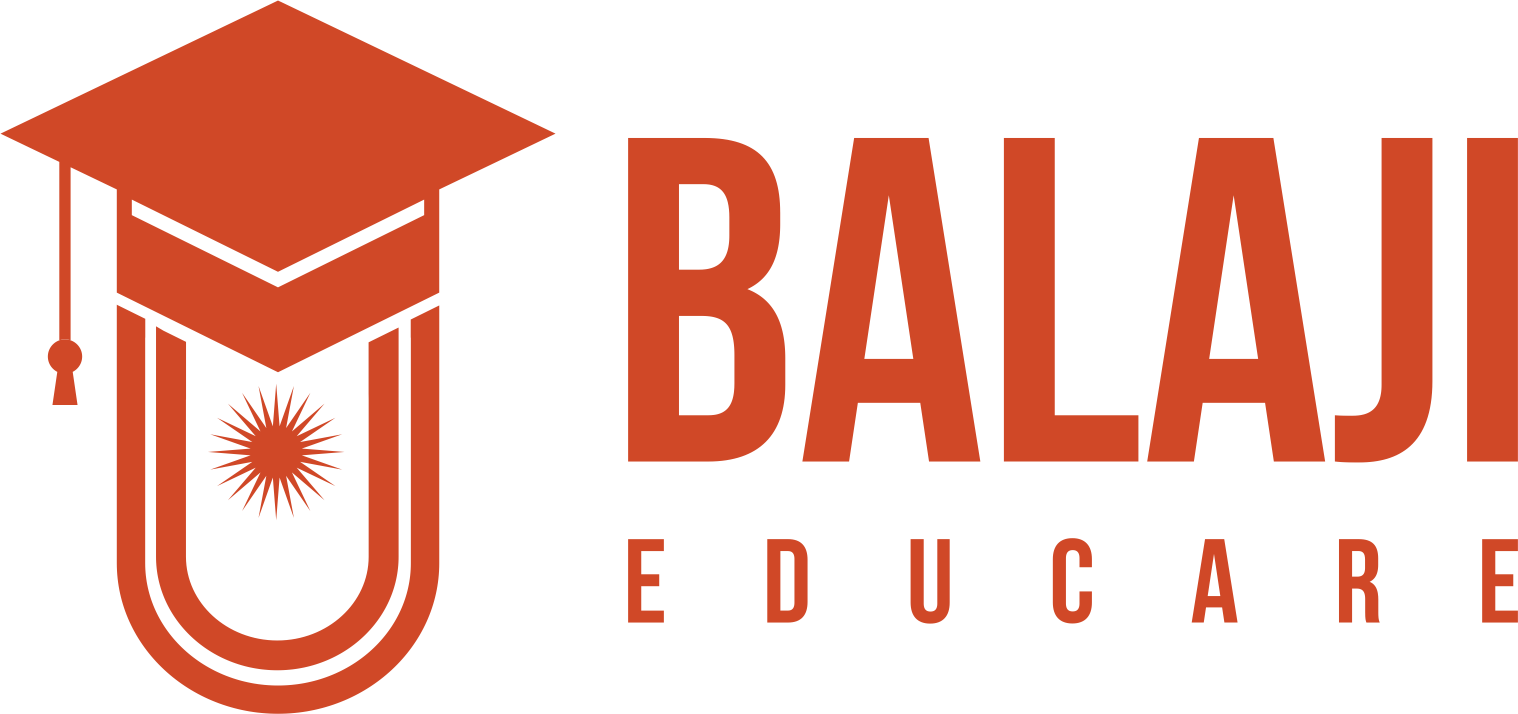CA Exam Study Plan 2025: Complete Guide for Foundation, Intermediate & Final Preparation
Becoming a Chartered Accountant is a prestigious and demanding journey that begins with the CA Foundation and culminates at the CA Final stage. To navigate through these rigorous stages of CA Exams, you need more than just intelligence and motivation. You need a disciplined, structured, and well-executed study plan tailored for each stage: CA Foundation, CA Intermediate (Inter), and CA Final. This article offers a comprehensive and practical roadmap for how to build a study plan for CA Foundation, Inter & Final exams with an emphasis on time management, resource allocation, subject balancing, and strategic revision.
Starting your journey as a CA requires commitment and a clear understanding of the road ahead.
Why You Need a CA Exam Study Plan
A good study plan for CA Exams ensures:
- Timely completion of the vast syllabus
- Proper focus on high-weightage topics
- Balanced study between practical and theory subjects
- Efficient time management and revision
- Confidence during the exam
Effective study plans are essential for every student giving CA Exam.
Let’s break down the ideal study strategy for each level of the CA Exam.

Study Plan for CA Exam Foundation
1. Understand the CA Foundation Syllabus
The CA Foundation exam comprises four papers:
- Principles and Practice of Accounting
- Business Laws and Business Correspondence and Reporting
- Business Mathematics, Logical Reasoning and Statistics
- Business Economics and Business and Commercial Knowledge
Each paper has its own weightage, and the mix of subjective and objective formats demands different preparation strategies.
2. Allocate Time Effectively
Aim for a daily study routine of 6–8 hours:
- Accounting & Law: 2 hours each
- Mathematics & Economics: 1.5 hours each
Use a weekly schedule to rotate focus areas. Allocate Sundays for mock tests and revisions.
3. Focus on Conceptual Clarity
Avoid rote learning. Use ICAI study material for each subject. For Accounting, practice journal entries, ledgers, final accounts, and rectification of errors. For Business Law, understand the logic behind acts and legal principles. For Math and Statistics, practice problems regularly with calculator shortcuts.
4. Prepare Handwritten Notes
Summarize key formulas, principles, definitions, and concepts in a notebook. This will become your go-to tool for final revision.
5. Practice with Mock Tests
- Solve 1 full paper every alternate day in the last month.
- Focus on solving within the time limit.
- Use mock results to identify weak areas and revise accordingly.
6. Revise Strategically
- First revision: 4 weeks before exam
- Second revision: 2 weeks before exam
- Final revision: 1 week before exam
Incorporate daily recaps of 30–60 minutes at the end of each day.
7. Avoid Common Mistakes
- Don’t skip foundational chapters
- Don’t ignore numerical practice
- Don’t neglect mock exams
- Don’t spend too much time on one subject
Study Plan for CA Exam Intermediate (Inter)
CA Exam Inter includes 8 papers split into two groups. The difficulty level increases significantly from the Foundation stage. Time management and smart planning become even more critical.
1. Choose Group Strategy
- If time permits and you’re confident, prepare for both groups together.
- If short on time, target one group with full focus.
2. Suggested Study Hours
Aim for 10–12 hours of daily preparation:
- Accounting: 3 hours
- Taxation: 2 hours
- Law & Auditing: 2 hours
- FM, Costing, Others: Balance as per your weak points
3. Practical vs. Theory Balance
- Morning: Focus on practical subjects like Accounting, FM, Costing
- Afternoon: Study theory subjects like Law, EIS-SM, and Audit
- Evening: Revision and question solving
4. Use ICAI Material Religiously
Make ICAI’s modules, RTPs, MTPs, and past-year questions your primary sources. Use coaching notes only for clarification or alternate explanations. Official ICAI Resource: https://www.icai.org
5. Regular Mock Tests
Attempt mock exams every 15 days. Practice solving questions with time limits. Evaluate performance and redo incorrect questions to build accuracy.
6. Focused Revision
In the last 45 days:
- Prepare concise summary notes
- Revise subjects 2–3 times
- Focus on weak areas identified through mock tests
7. Keep Yourself Healthy
Don’t ignore sleep, diet, and exercise. A tired mind cannot perform well even if it’s well-prepared.
Study Plan for CA Exam Final
CA Exam Final is the last and most demanding level. You are balancing articleship responsibilities with intense preparation. Strategic planning and prioritization are essential.
1. Group Strategy
- Both groups if you can commit 12–14 study hours daily
- Single group if work pressure is high
2. Time Allocation
Dedicate 12–14 hours per day:
- FR (Financial Reporting): 3 hours
- SFM & DT: 2 hours each
- SCMPE & Electives: 1.5–2 hours
- IDT & Audit: 1.5–2 hours
Plan your week to rotate focus across all subjects.
3. Leverage Articleship Experience
Use your practical experience to understand audit procedures, tax filings, and other practical applications. This will help you in subjects like Advanced Audit and Direct Tax.
4. Use ICAI’s Case Study-Based Approach
Final exams emphasize application-based learning. Practice full-length case studies and use ICAI’s Case Study Digest. Focus heavily on RTPs, MTPs, and past-year questions.
5. Mock Tests and Feedback
- Take one full mock paper per subject every month.
- Seek feedback from mentors and make necessary corrections.
6. Final Month Revision Strategy
- Compile summary notes of formulas, provisions, and key concepts
- Prioritize high-weightage chapters
- Refrain from studying new topics
- Practice MCQs for IDT, DT, and electives
7. Maintain Balance
- Sleep at least 6 hours
- Eat balanced meals
- Avoid burnout through breaks and stress management
Bonus Tips to Succeed in All Levels of CA Exam
1. Create Your Own Timetable
Generic study plans rarely work. Customize your timetable based on your routine, speed, and strengths.
2. Use Digital Tools Wisely
Apps like Testbook, CA Exam Foundation Planner, or CA Tracker can help manage revisions and mock schedules.
3. Set Milestones and Rewards
Break down your study plan into milestones (e.g., finish chapters, revisions, mock tests) and reward yourself after completing each.
4. Avoid Burnout
Don’t try to study 14 hours every day. Instead, maintain 6–8 hours regularly and increase only during revision time.
5. Stay Away from Comparison
Every student is different. Don’t compare your schedule with others. Stick to what works for you.
6. Stay Motivated
Keep a vision board, watch success stories, or join a peer study group. Mental motivation is just as important as discipline.
Building an effective study plan for CA Exam: Foundation, Inter, and Final is the cornerstone of your Chartered Accountancy journey. Whether you’re a first-time student or a repeater, success lies in disciplined execution, deep conceptual clarity, strategic revisions, and mock test practice.
Becoming proficient in both practical and theoretical concepts is crucial for success in CA.
Understanding the nuances of each level in the CA exams can give you a significant advantage.
Devote time to mastering the CA Foundation syllabus as a solid base for advanced topics.
Use ICAI resources as your foundation, customize your study hours, stay mentally and physically fit, and adjust strategies as you move from Foundation to Final. By building the right habits, maintaining a healthy balance, and staying motivated, your dream of becoming a Chartered Accountant is not only possible but inevitable.
Suggested Video Resource by Balaji Educare
To support your preparation, we recommend watching this relevant video by Balaji Educare:
Group I: Advanced Accounting – Internal Reconstruction (CA Inter) by Balaji Educare
You can also explore more learning content and personalized coaching from Balaji Educare here: https://balajieducare.in
This video explains internal reconstruction concepts in a simple and effective way, making it especially useful for students preparing for CA Intermediate. It complements the practical subject strategy discussed above and can greatly aid conceptual clarity.
Stay focused, stay organized, and keep moving forward. The CA dream is within your reach!

